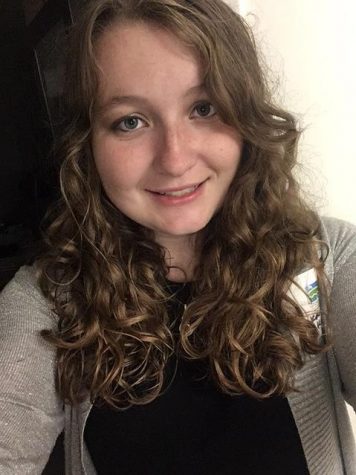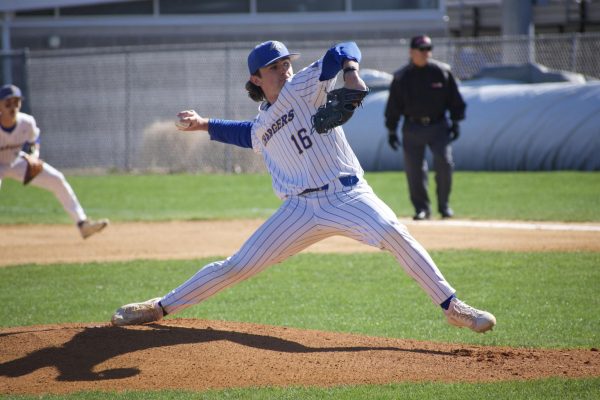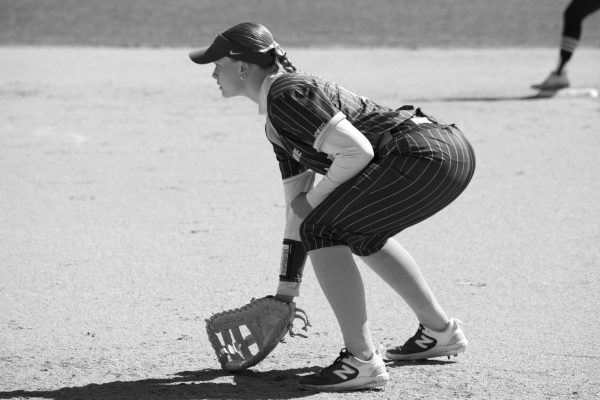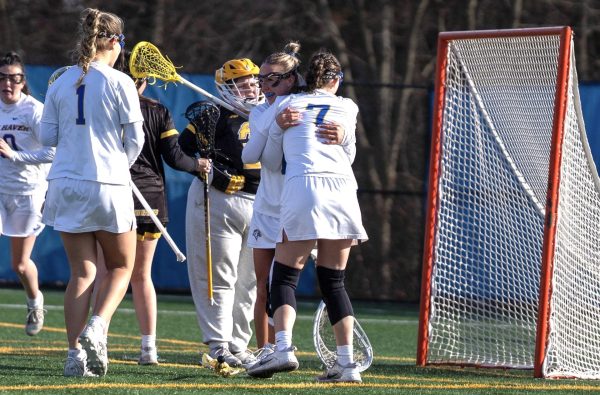‘Me Too’ Movement Travels Through UNH
The movement began after sexual assault allegations surfaced against Harvey Weinstein. Women and Men alike took to social media to share the simple words: me too.
While the movement kicked off after allegations surfaced against Weinstein, the movement traces back to 1996, according to CNN, with activist Tarana Burke. She began the campaign after a young girl at the camp she was working at told her a story of the sexual abuse she went through at the hands of her mother’s boyfriend.
#MeToo was used 825,000 times on Twitter between Sunday Oct. 15 and Tuesday Oct. 17. In less than 24 hours 4.7 million people have engaged in the conversation, according to the same CNN report.
This movement has taken the world by storm, and along with it the University of New Haven’s campus community. Students across all backgrounds have taken to social media to show their support and share a glimpse into their stories.
“The ‘Me Too’ movement to me is victims of sexual assault and harassment coming together and having power in those numbers to show that this is a huge problem in society and needs to be addressed and prevented,” said university student, Kaitlin Denise Mochi.
The reasons for sharing ‘Me Too’ range, but all of them are united through their stories and their experiences, regardless of specifics.
“I shared ‘Me Too’ on my social media because many see catcalling as no big deal, but in reality saying vulgar things to woman passing by is not acceptable,” said university student, Corinne Krupa. “Women are not asking for sexual attention, whether they’re wearing a suit or a crop top.”
Mochi shared her reasons for posting on social media, explaining that she was sexually assaulted and felt that she needed to let other victims know that they are not alone.
“The fight against sexual assault will definitely not stop, I know that for sure,” she said.
University student Gabby Wholey shared her experience, as well as her thoughts on the movement. She described the movement as “ending the silence and showing that sexual assault and harassment is so prevalent in today’s society, and is overly overlooked.” She shared ‘Me Too’ on social media because of her personal experiences freshman year at the University and the connotations which surrounded the situation after it took place.
“It took me about a year to realize that what happened wasn’t my fault. It was the fault of the perpetrator, and my friend’s and family’s views were direct reflections of the views prevalent in society,” said Wholey. “Victim blaming is real and it is more prevalent than ever.”
Her views on the movement comes from a different angle than many others and offers an interesting perspective into the mindset of many victims of sexual assault and harassment.
“This hashtag is highlight the fact that although so many women are sharing their stories, they are only sharing as much as they feel comfortable doing so and probing by social media to learn more details is invasive, disrespectful, and harmful to the survivors,” she said. “No one is entitled to the stories shared by the women participating in the ‘Me Too’ hashtag.

Karina Krul is a senior marine biology major with a triple minor in psychology, political science and marine affairs. This is her fourth year with The...











